How to Choose a School for Your Kids
Teacher Alex Mees gives us his tips on how to really pick a secondary school for your children. (Spoilers: it’s not about the grades.)
Received wisdom states that the best way to find out about a school is to look at its most recent Ofsted report. Received wisdom is bollocks. Ask any teacher and they’ll tell you that Ofsted reports tend to be neither accurate nor reliable.
I’ll not take up too much of your time now with the ins and outs of why Ofsted is not fit for purpose, but, aside from the inherent unreliability of Ofsted reports, let me just say this: as teachers, we are told that the best way to respond to students’ work - presuming we want them to actually improve – is to provide detailed written feedback with suggestions for improvement, but crucially give them no grades – because if a kid sees the grade, the grade is all they care about: they’ll likely not read any comments, even if they’re written next to the grade. However, if you give only written feedback, they have no choice but to focus on that and thus learn how to improve next time. You’d think Ofsted would know this (after all, the vast majority of – and certainly all the best – teachers I have worked with accept this as fact) but in its infinite wisdom, Ofsted insists on grading schools. Every school is consequently labelled as Outstanding, Good, Requiring Improvement* or Inadequate. And that is all that people really see when they look at the Ofsted reports. So the Good and Outstanding schools attract all the students and the Requiring Improvement and Inadequate schools end up as victims of their own (often undeserved or misrepresented) reputations, often resulting in undersubscription, which leads to less funding, which, funnily enough, does not help the schools improve.
Anyway, there are much more important factors to take into consideration when choosing a school than what a few out-of-date and out-of-step former teachers and other assorted know-it-alls think. Here are six suggestions from someone who’s worked in education for over fifteen years.
* This once was called Satisfactory - but apparently this was not pejorative enough.
Choose a school that...
1. …values the arts subjects
I promised myself that this wouldn’t turn into an anti-Tory rant so I’ll try to be subtle with how I word this... Since – I don’t know – let’s say around about 2010, for some reason, schools have had a tendency to focus more and more on what some people might call ‘academically rigorous’ subjects like English, maths, science and history, and less and less on arts subjects. Consequently, students often find themselves discouraged from studying drama, music or art for GCSE – or perhaps advised to take only one of them if they really must. As a result, arts subjects are sidelined and in effect devalued. And kids who are good at these subjects are also devalued. Better schools – ones that appreciate the value of a broad and rounded school experience – still promote the arts. Everyone benefits from this. Yes, even those students we label as mathematicians or scientists (don’t get me started on pigeonholing kids so early in their lives).
2. …offers a range of extracurricular activities
Alongside the sidelining of arts subjects, you often notice a decrease in the lack of extracurricular subjects, especially as the kids get older and closer to their GCSEs – because we couldn’t possibly let them miss even one minute of learning, lest it cause them to miss a salient piece of information that is never repeated again and that they’ll later need to regurgitate verbatim in their exams. I have only one thing to say to this: bullshit. Extracurricular experiences – theatre trips; sports activities; museum visits; camping expeditions; heck, even a trip to the beach – will always enrich and benefit you in a way that sitting in a classroom being told the precise wording with which to begin question 4 of your exam for the 108th time will not.
3. …has a clear pastoral structure
Full disclosure: I was a Head of Year for six years before I (voluntarily) began my gradual decline back down the career ladder, so I may be a bit biased when I say this but THE PASTORAL SUPPORT A SCHOOL PROVIDES IS THE SINGLE MOST IMPORTANT THING IT DOES. As I have already mentioned, schools are becoming more and more single-minded in their focus on academic attainment. To be fair, it’s not their fault: it’s come from above and it’s very much do or die in the education sector. However, even the most arts-neglecting, extracurricular activity-prohibiting school still needs to provide pastoral support. In primary schools, this is fairly simple: the classroom teacher is also the main pastoral support, but in secondary schools, you want a school that takes its pastoral responsibilities seriously. You want Heads of Year (or House) whose job is not just to improve attainment but to look out for your kids. Ideally, you want a whole team of people whose job it is to make sure your kid is happy and supported and thus able to flourish. When you visit a school, ask who these people are. And if they can’t reel off a list of names and what they do, look elsewhere.
4. …supports its most vulnerable students
This follows on from the previous point, but I would always recommend looking at the school’s SEN (Special Educational Needs) department – they are sometimes called AEN: Additional Educational Needs) and EAL (English as an Additional Language) . Your child may not need them right now, but they may do one day. And besides, even if they don’t, as the American writer Pearl Buck once said, “the test of a civilisation is the way that it cares for its most helpless members”. This is undeniably true of schools too.
5. …has a low staff turnover
This is probably the least obvious one but may well be the most important. You can draw fairly accurate conclusions about a school by its staff turnover. There is a pretty direct correlation between the health of a school and the consistency of its staff. Teachers (like any employees, really) tend to stay put if they’re being managed, supported and treated well. And if staff are being treated well, they perform better. And presumably I don’t need to point out that if teachers perform better, your kids benefit. One particular chain of academies is infamous for recruiting young, inexperienced teachers, working them to death and then replacing them when they burn out after a couple of years, resulting in an ever-changing staff not-so-merry-go-round, which is not conducive to good learning. You want a school that teachers stay at and feel invested in. It’s no coincidence that the period in which I felt most despondent in my career was also the eighteen months in which about 75% of the teaching staff in my school changed. It is also no coincidence that it was the time at which kids were most unhappy at my school and the time at which I would have been least likely to recommend my school to prospective parents.
6. … doesn’t just bang on about its results
As a guide, if a school focuses squarely on its results, it doesn’t have much else to offer. And, if you are doing your job as a parent and supporting your child’s education by showing an interest, enthusing them and making sure they see the value in learning, then your kid will do just fine even if the school doesn’t have amazing results and isn’t Outstanding (yes, results have an unfairly significant impact on the Ofsted judgement). I, for example, have worked in two schools whose results on paper are not great. However, I have known kids who, despite this, have done brilliantly. I am, coincidentally, about to email some ex-students about coming in to talk to sixth-formers about their lives post-school, and among those I’m about to email are one student halfway through their medical degree at Birmingham, another who recently completed a masters in English at King’s and another who is currently weighing up their postgraduate options from Bristol and Manchester. It’s fair to say that their opportunities in life have not been hampered by going to a school with poor results, that Ofsted said wasn’t good enough.
Ultimately, the most important thing is to visit as many schools as you can and just see which ones you get the best feelings about – the one you (and your kid) think they’ll be happiest in. Because, quite frankly, happiness at school is the most important thing. If that’s there, everything else will fall into place.
And when you do get a good feeling about a school, just please don’t let a bloody Ofsted report put you off.
Alex Mees is a teacher and father of two (one with XX chromosomes; one with XY), living in south east London.

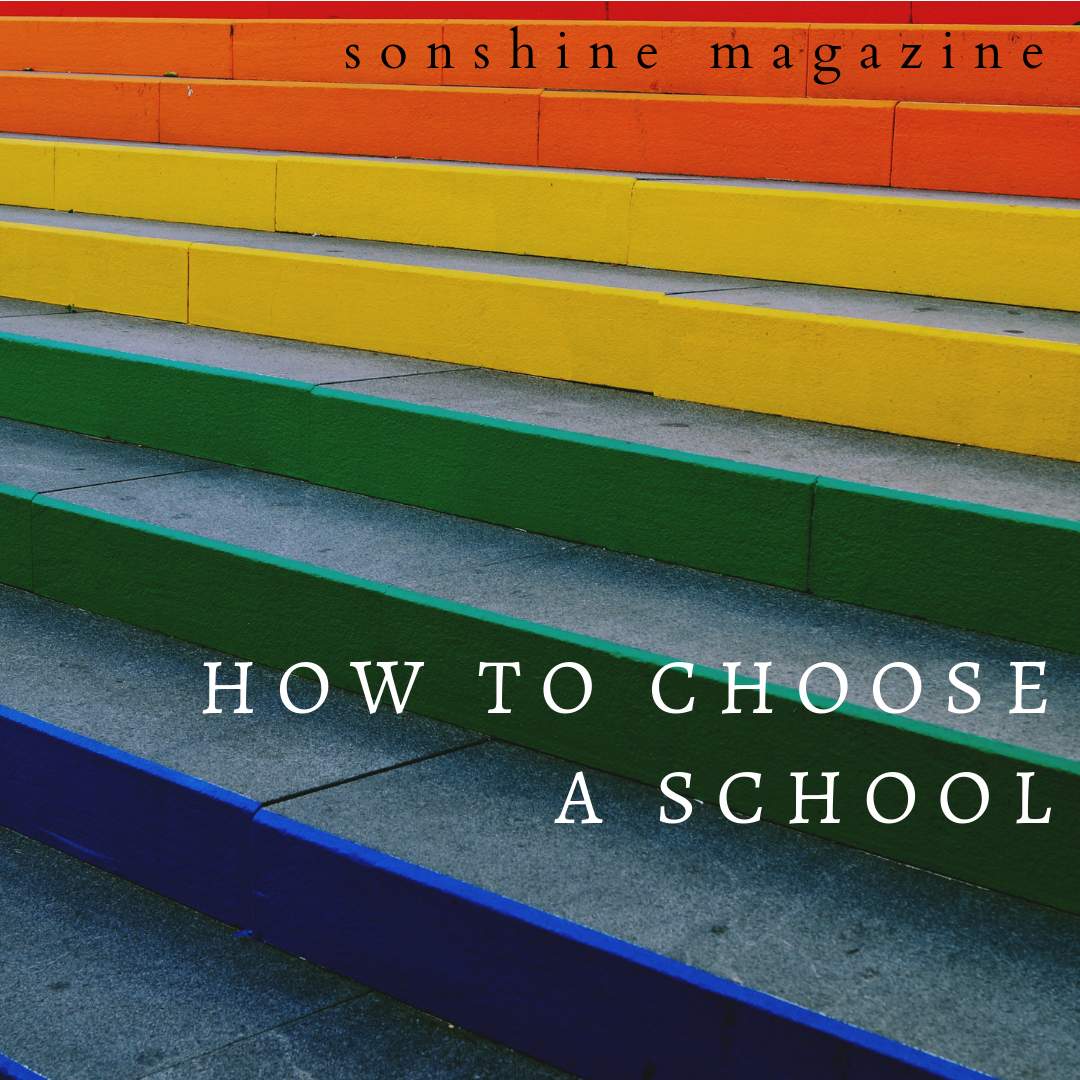
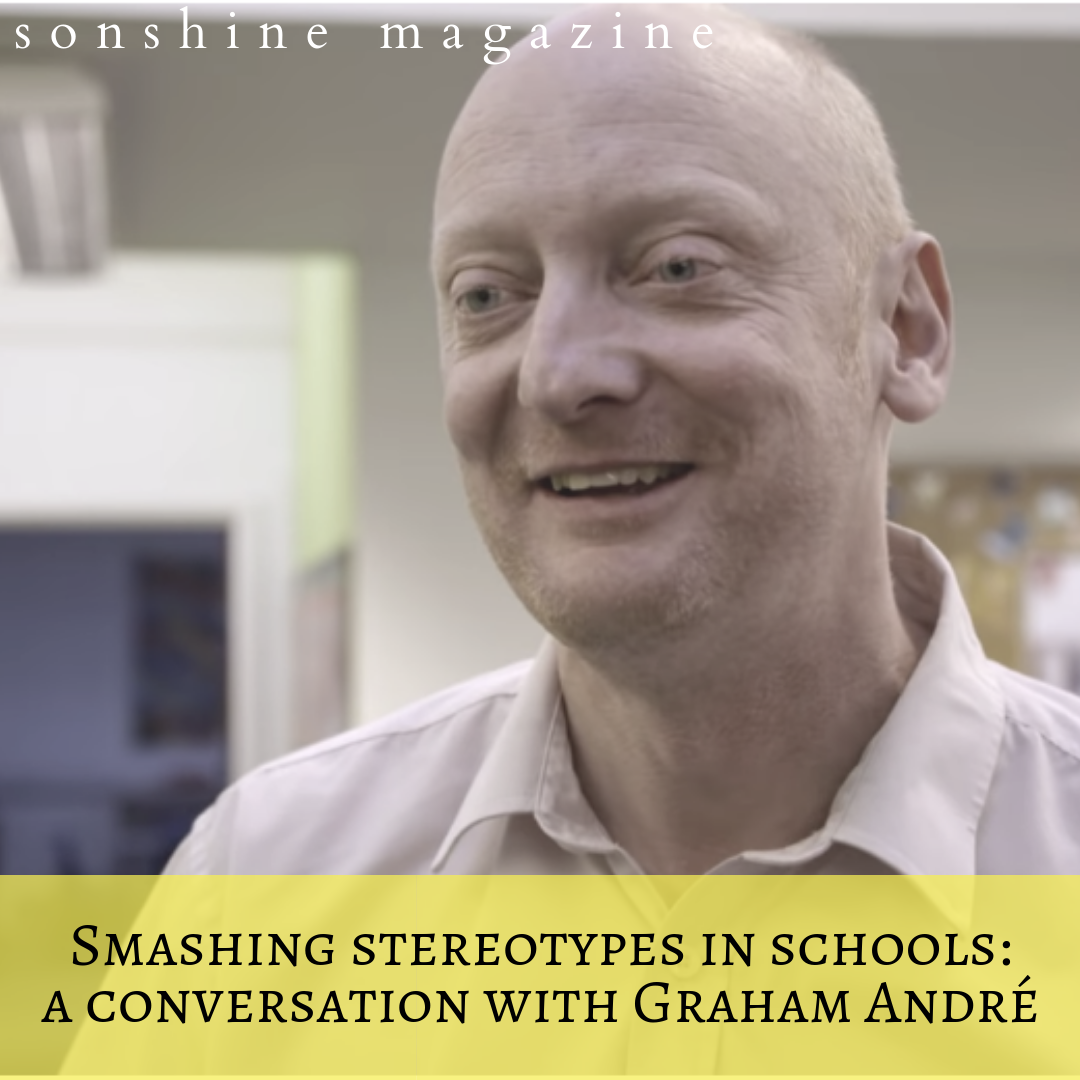
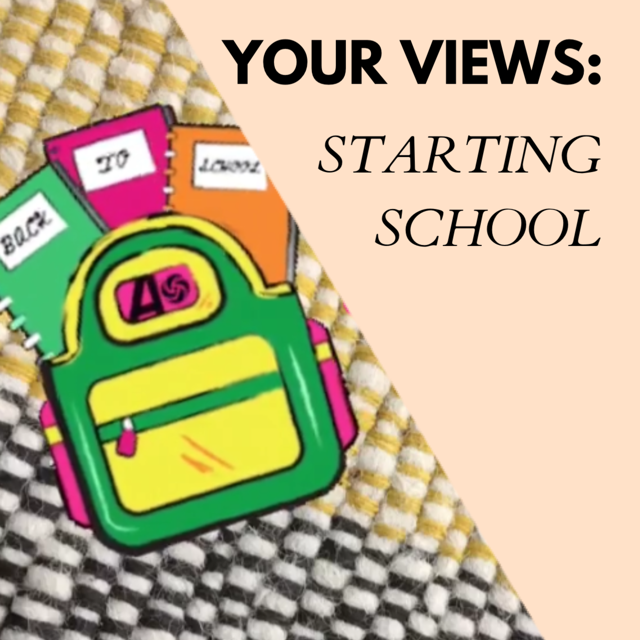

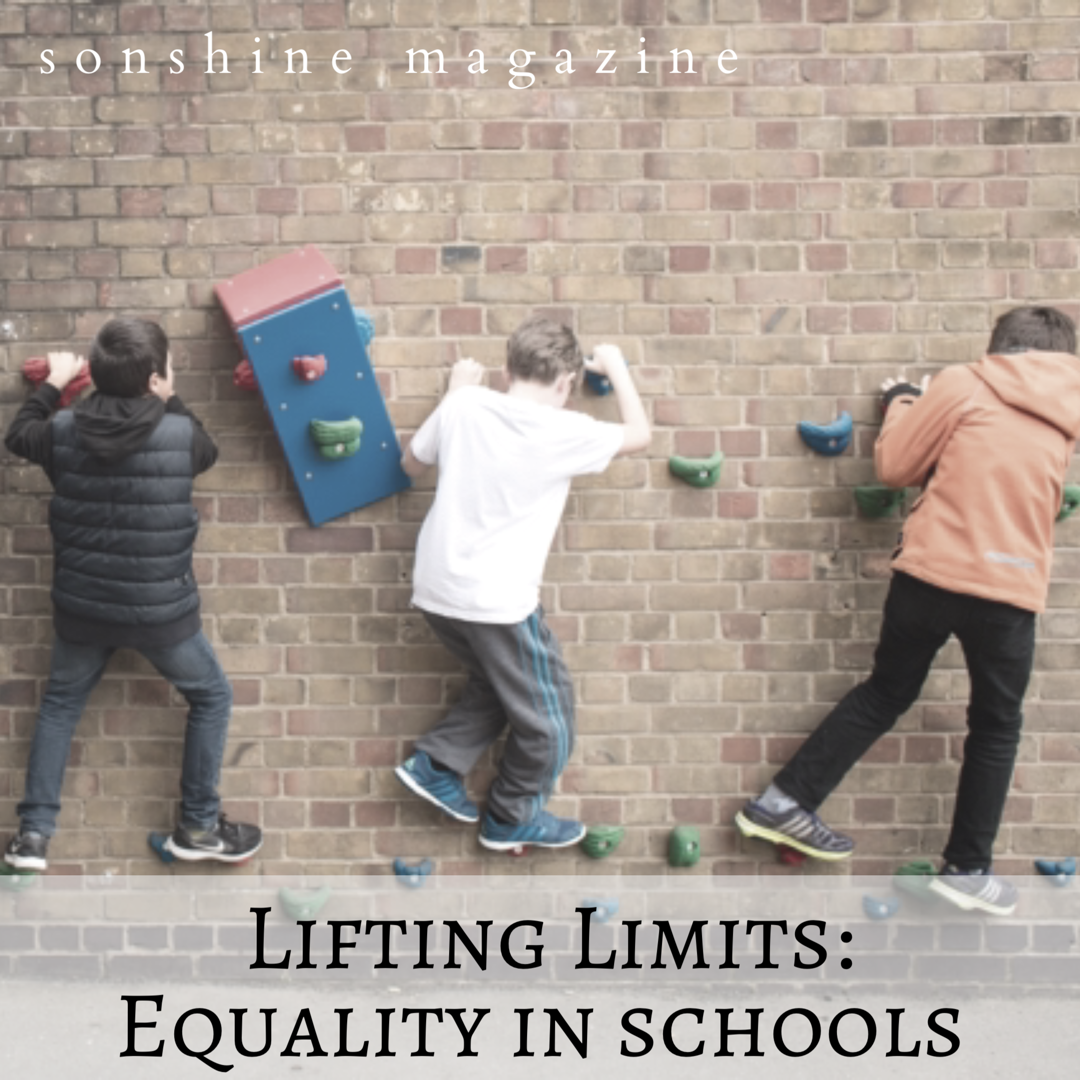
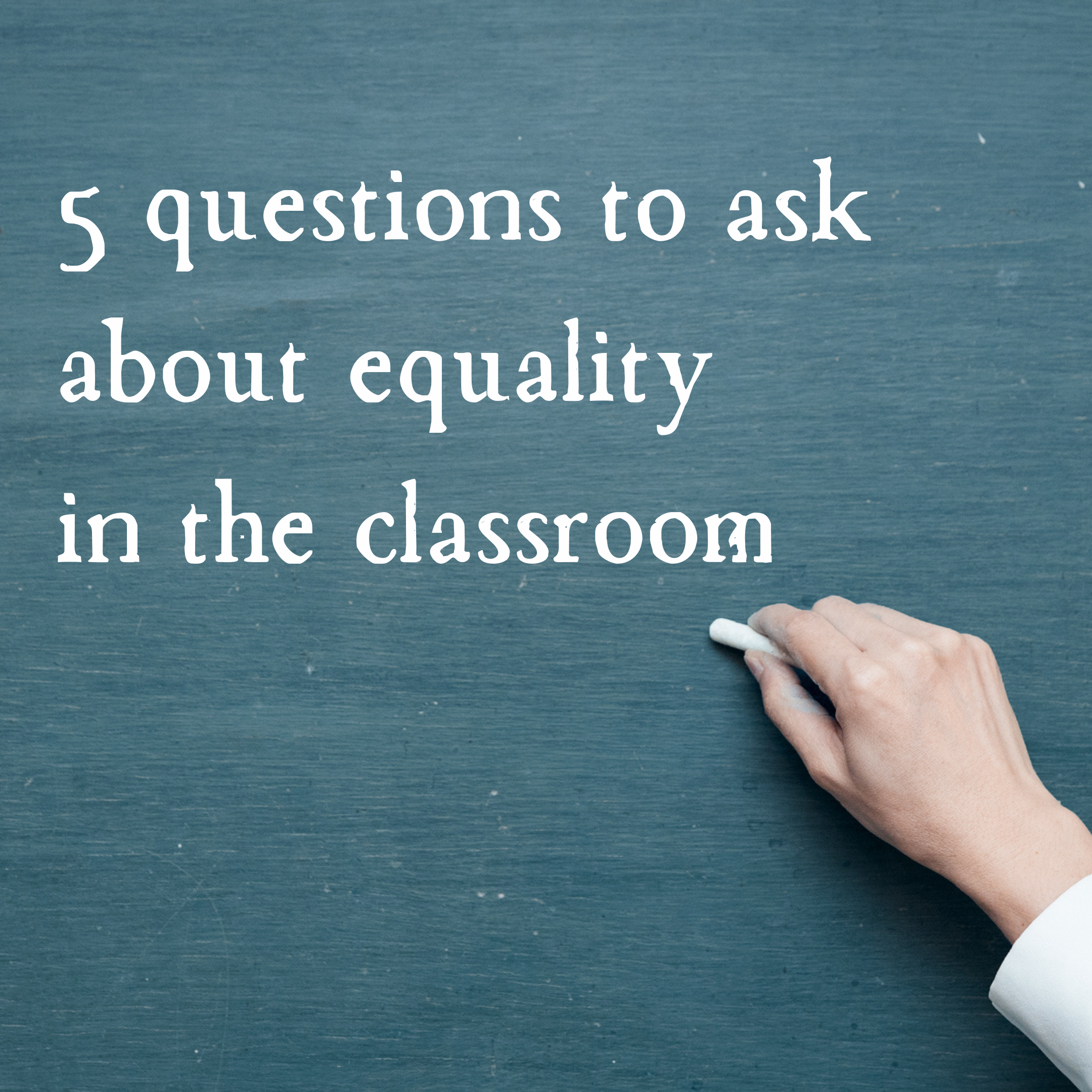

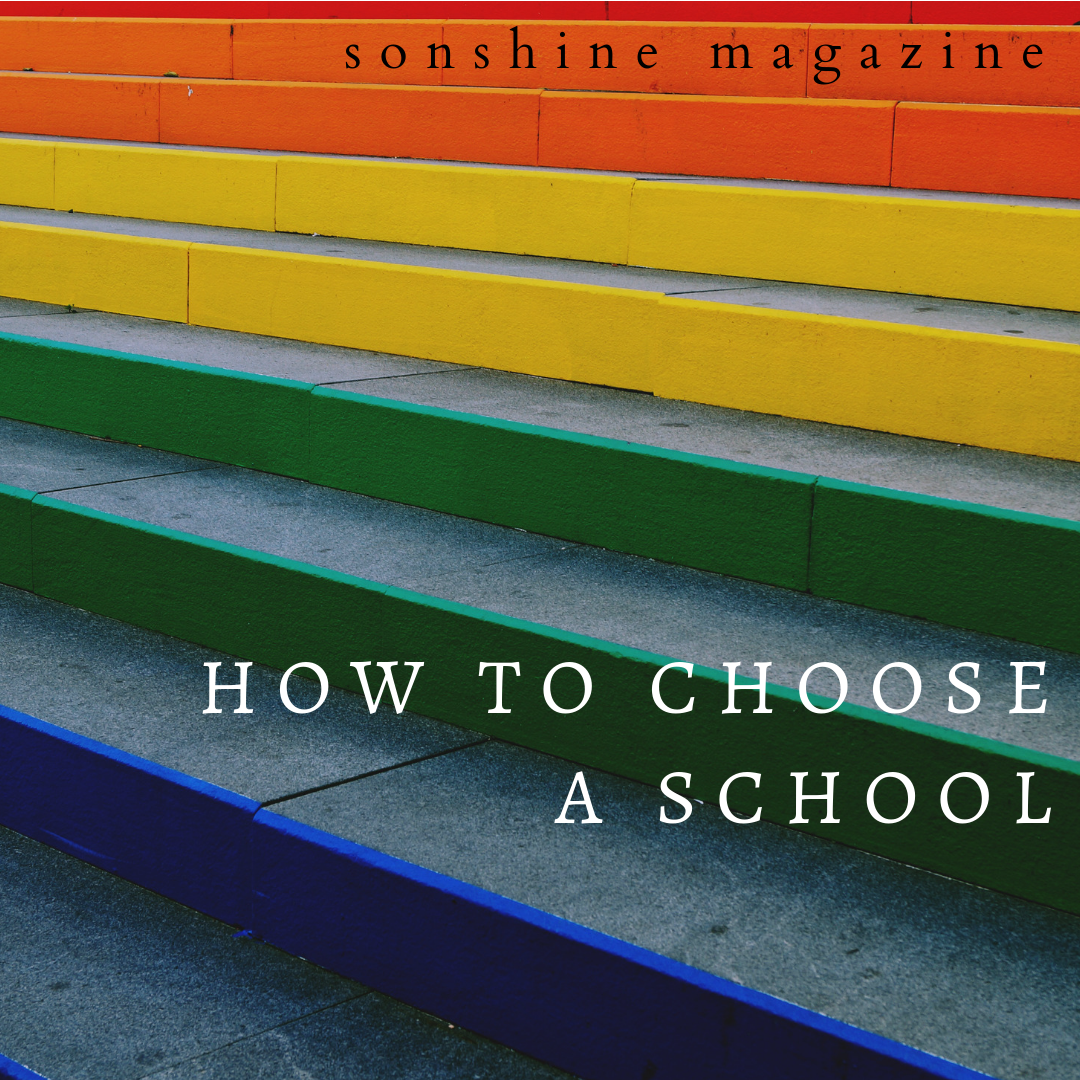







Kirstie introduces this Issue – all about school, and picks a few top articles